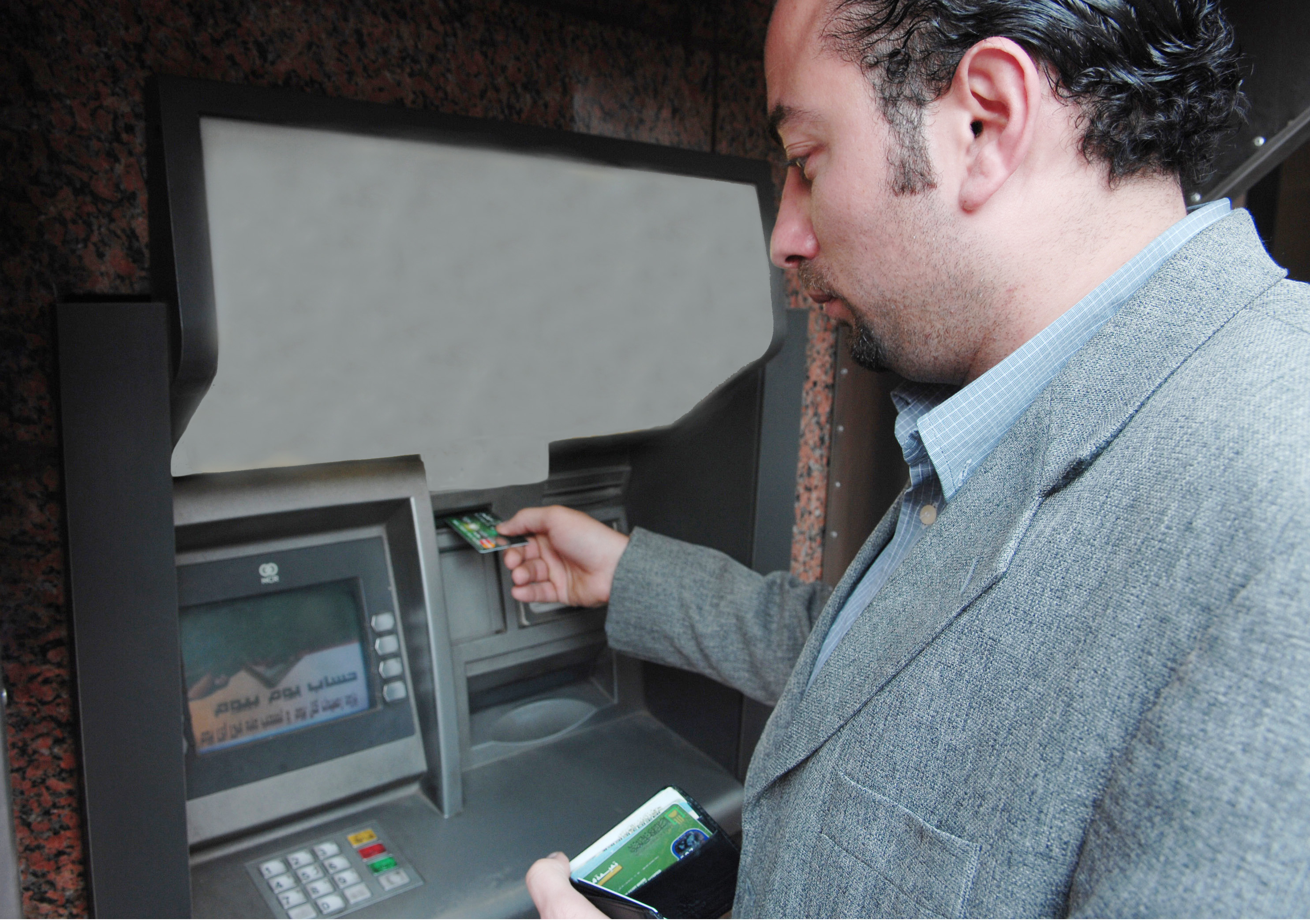Visa’s awareness programme is dedicated to providing government employees with payroll cards—implemented in cooperation with the Egyptian Banking Institute, National Bank of Egypt, and Banque Misr. It is a great step towards activating financial inclusion, said General Manager of Visa Egypt, Tarek Mahfouz.
The programme, Mahfouz added, will clarify to government employees of Visa’s payroll cardholders the multiple advantages for using these cards to make purchases and pay for services without any additional burdens. In addition, it will save them time and effort throughout the purchasing process to use cards, which is a safe and smooth payment option.
He pointed out that Visa offers a large variety of solutions and products that provides customers with easy paying and receiving funds solutions.
Visa’s prepaid and debit cards are flexible tools for payment options as they link together cardholders, merchants, and banks.
“At the same time, we are working with our partners in financial institutions to broaden the scope of electronic payment products,” said Mahfouz.
Visa, in cooperation with the National Bank of Egypt and Qatar National Bank-Ahli (QNB), has launched a very successful initiative to increase the number of places accepting cards, in which it deployed a large number of Point of Sale (POS machines) that can accept many different types of cards, including payroll cards.
He explained that Visa plays a supporting role in the government’s efforts towards expanding the scope of electronic payments.
Moreover, Visa is cooperating with the Egyptian Ministry of Finance, for whom it presented a road map for governmental electronic payments, especially as only 2% of purchases are conducted electronically—which reflects huge potential for the possibility of electronic payment methods.
Among Visa’s efforts comes cooperation with banks to issue government payroll cards to provide appropriate payment tools for employees.
Mahfouz stressed that the issuance of cards is not the key towards financial inclusion, but rather it is changing consumption patterns of Egyptians to utilise their payroll cards in making payments.
“Awareness is very important for providing employees with the basic information of payroll cards,” he said. “Some employees believe that using payroll cards bear additional fees—which is not true.”
Payroll cards have proven to be very safe and easy to use. They enable employees to purchase basic needs and pay for services without having to carry cash, he added.
Mahfouz explained that if a card is lost, its holder can replace it with another without any loss, unlike losing cash.
Mahfouz pointed out that consumers need to be given reasons to stop using cash—which could be easier for some—and switch to using cards.
One of these incentives, he explained, could be the government granting employees subsidies on cards or mobile phones instead of cash.
“This makes subsidy beneficiaries more accepting of using cards when making purchases,” he said. “Over time, they will see how cards are easier to use.”







